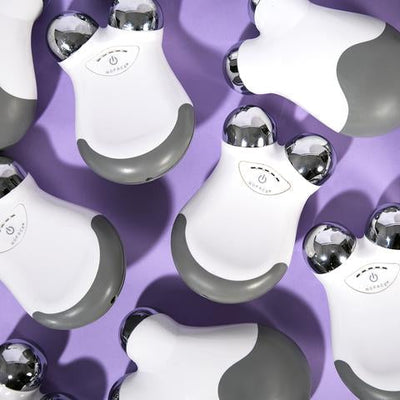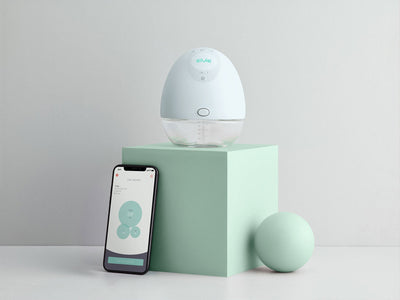 As our daily lives become increasingly intertwined with electronic know-how, there are not many areas that haven’t succumbed to ‘technologification’. You’re probably familiar with wearable tech to help you track your fitness goals pedometers to run tracking phone apps right through to elaborate wearables that track exercise, sleep and heart rate. Were you aware, however, that there are health tech gadgets that offer you the chance to bluetooth your weight straight to a phone app, help you take control of your stress levels and even challenge you to train your pelvic floor muscles?
As our daily lives become increasingly intertwined with electronic know-how, there are not many areas that haven’t succumbed to ‘technologification’. You’re probably familiar with wearable tech to help you track your fitness goals pedometers to run tracking phone apps right through to elaborate wearables that track exercise, sleep and heart rate. Were you aware, however, that there are health tech gadgets that offer you the chance to bluetooth your weight straight to a phone app, help you take control of your stress levels and even challenge you to train your pelvic floor muscles?

1 in 3 women suffer problems with their pelvic floor. These vital muscles act as a little hammock between your tailbone and pubic bone. Without regular kegal exercises, many women see bladder, sex or prolapse problems and, okay, it’s not something we all want to talk about. Elvie demystifies those awkward conversations. Made by women, for women and with a team of 100+ trial users behind it, the Elvie is a nifty little gadget that allows you to track your exercise and progress via a downloadable app - and who doesn’t love a bit of self-competition?

The clever app doesn’t only monitor how well you’re performing the exercises (and correct you if you’re doing it wrong), it gives you specific 5 minute workouts to ensure your strength and control continues to grow. Real women say:
“I never really paid attention to my kegel muscles until recently and now that I can use Elvie anytime, anywhere and see myself improving through the app, I'm far more inclined and excited to exercise!”
“My hat goes off to you, I am absolutely in love with Elvie!”
“I'm amazed at how effective Elvie is and the improvement I already feel after such a short time. Its incredible - every woman should get one!”
Did you know that the skin pores on your fingertips are extremely sensitive to changes in your stress levels? Known as Electrodermal Activity (EDA), methods of measuring it have long been used by psychologists to help their patients measure their stress levels and teach themselves how to lower them. Around 12 million people in the UK each year see their GP with mental health problems, the majority of which are anxiety related and caused by stress. This can also can lead to stress associated conditions such as acne, psoriasis and Irritable Bowel Syndrome.
The PIP is a clever and compact gadget that allows you to monitor your stress levels by linking your EDA to an app. It affirms whether you are doing it correctly, teaching you ways to control your feelings and take back control of your mental health. The range of PIP apps allow you to visualise your stress levels and concentrate on calming yourself over a set time period, in the long term improving your mental fitness. The apps themselves use audio and visual feedback to externalise your body’s changing stress levels and PIP tell us that being aware of your stress is the first step towards learning to manage it.

No longer is tech only associated with televisions and computers, it's becoming part of our intimate emotional and physical lives.




